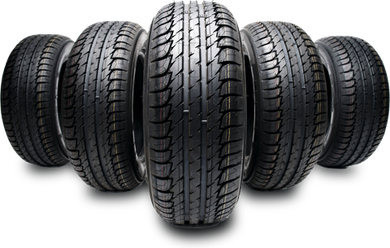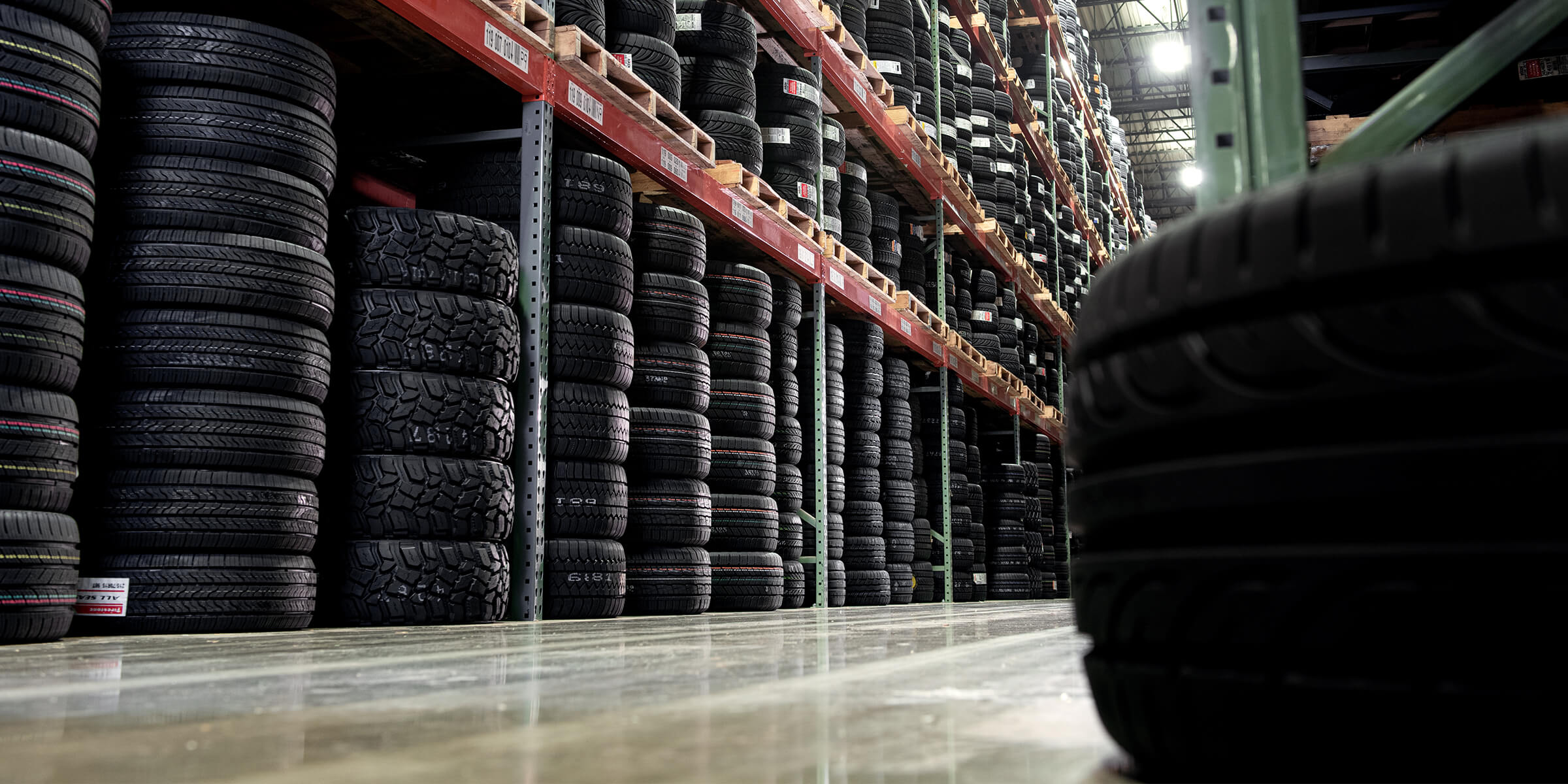Find the most effective Tires Morris IL: Substantial Selection Readily Available
Wiki Article
Tire Solution: Understanding Tire Stress Surveillance Systems
Recognizing Tire Stress Tracking Equipments (TPMS) is a critical aspect of keeping optimal lorry efficiency and safety and security when driving. With advancements in automotive innovation, TPMS has actually ended up being a typical feature in modern lorries, providing real-time info on tire stress levels. Diving deeper right into the details of TPMS, one can discover the different elements that make up this system and the relevance of each in guaranteeing precise surveillance. From direct to indirect TPMS systems, the landscape of tire stress surveillance varies, each with its special collection of advantages and considerations. Keep tuned to unravel the intricacies of TPMS, from upkeep suggestions to the obvious advantages of keeping your tires correctly inflated. morris tire and alignment.
Value of TPMS
The relevance of Tire Stress Tracking Equipments (TPMS) depends on their capacity to enhance car safety and security and performance with real-time monitoring of tire pressure degrees. Preserving the right tire pressure is crucial for making sure optimal handling, stopping, and overall security of a vehicle. TPMS provides vehicle drivers with instant responses on any overinflated or underinflated tires, permitting for prompt modifications to be made.
Components of TPMS
Making up various crucial components, a Tire Stress Surveillance System (TPMS) works as an advanced safety and security feature in modern-day lorries. The primary parts of a TPMS include sensors, a control module, and a caution sign. Sensors are typically situated in the tire valve stem or attached to the wheel setting up, where they determine tire stress and transfer data to the control module. The control component procedures this details and sets off a warning if it detects significantly low pressure in any one of the tires. The warning indication, often a sign on the dashboard, informs the vehicle driver to inspect the afflicted tire or tires. Some progressed TPMS versions additionally present the actual tire stress readings for each tire, providing drivers with real-time information to make certain ideal tire performance and safety and security. By keeping track of tire pressure continually, TPMS helps avoid crashes, minimizes tire wear, and enhances fuel performance, making it a critical part for car safety and security and efficiency.
Types of TPMS

On the other hand, indirect TPMS counts on the car's wheel speed sensors to check tire stress. This system spots underinflation by contrasting the rotational speeds of the wheels. Indirect TPMS is much less costly than straight TPMS, as it makes use of existing sensors within the vehicle.
While direct TPMS supplies more accurate analyses, indirect TPMS is less complex in style and typically calls for less maintenance. Both systems have their constraints and advantages, and the choice between them frequently relies on factors such as price, lorry make, and personal choice. Understanding the distinctions between these 2 sorts of TPMS can assist lorry proprietors make notified decisions relating to tire upkeep and security.
TPMS Maintenance Tips
Conduct regular checks on the tire pressure degrees and contrast them with the TPMS analyses to guarantee they are constant. Throughout tire turning or substitute, make sure that the TPMS parts are handled thoroughly to prevent any kind of potential damage. If the TPMS cautioning light brightens on the control panel, attend to the problem promptly by inspecting the tire pressures and the total system for any type of mistakes.Advantages of Correct Tire Stress
Preserving proper tire pressure, as highlighted in TPMS Upkeep Tips, is crucial for reaping the countless advantages connected with optimum tire stress levels. Among the key advantages of maintaining the right tire stress is enhanced gas effectiveness. When tires are appropriately blown up, there is much less moving resistance, leading to far better fuel economic climate. In addition, appropriate tire stress makes certain even tire wear, prolonging the lifespan of the tires and promoting much safer driving conditions. With the appropriate tire stress, automobiles additionally have far better handling and grip, specifically in unfavorable weather. This can boost general driving efficiency and safety and security for the vehicle driver and passengers. Keeping ideal tire stress can add to a smoother and more comfy adventure by decreasing vibrations and noise caused by discount tires morris il underinflated tires. Finally, the benefits of proper tire stress surpass simply tire durability; they incorporate enhanced gas effectiveness, boosted safety, far better lorry efficiency, and overall driving comfort.Verdict
In verdict, comprehending tire stress monitoring systems (TPMS) is critical for maintaining optimum tire pressure and guaranteeing car safety. By recognizing the value of TPMS, being acquainted with its parts, knowing the different types readily available, sticking to proper upkeep ideas, and recognizing the benefits of preserving correct tire stress, drivers can improve their driving experience and prolong the life expectancy of their tires. Correct tire pressure is vital to safe and effective automobile procedure.
Report this wiki page